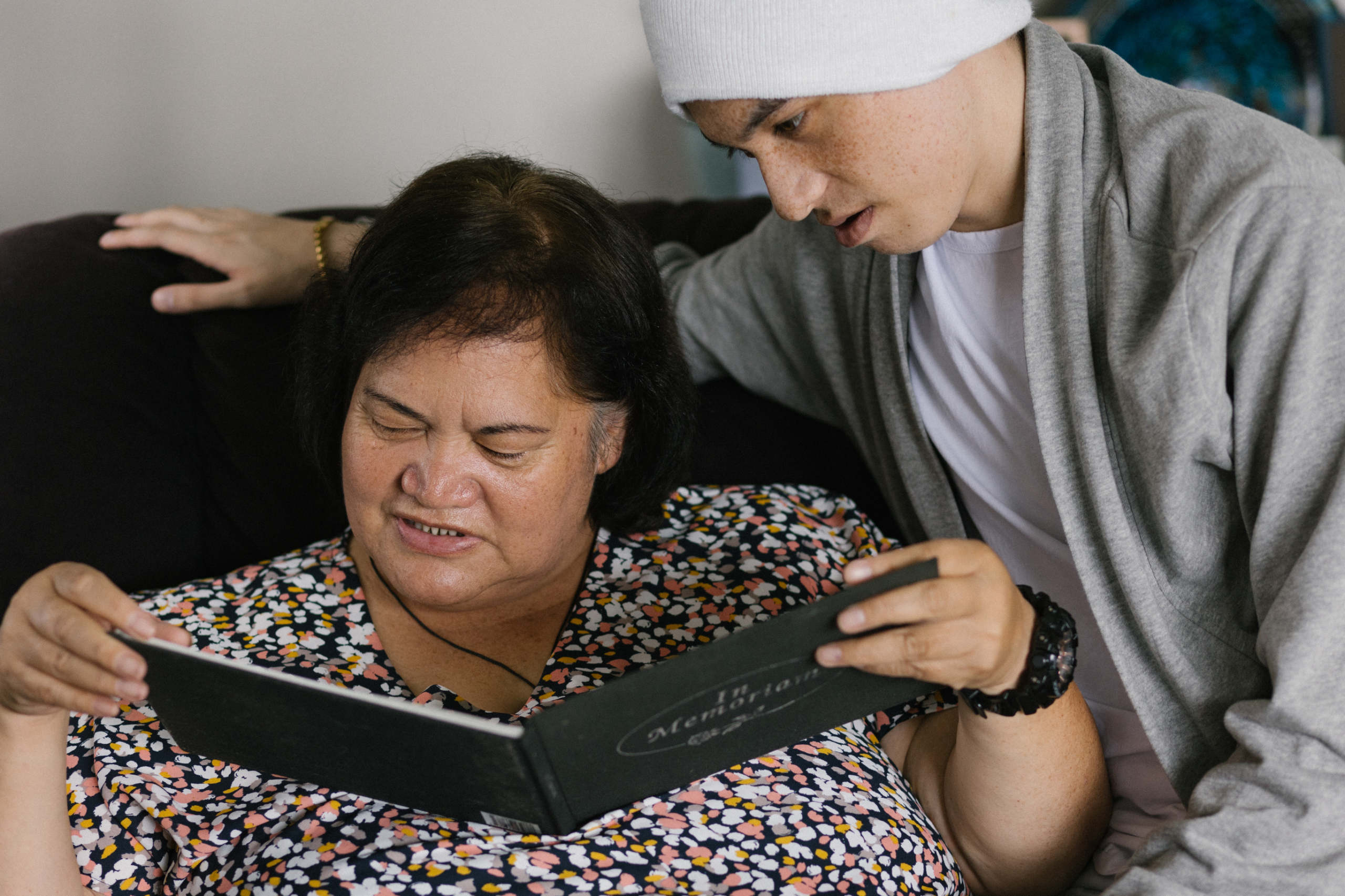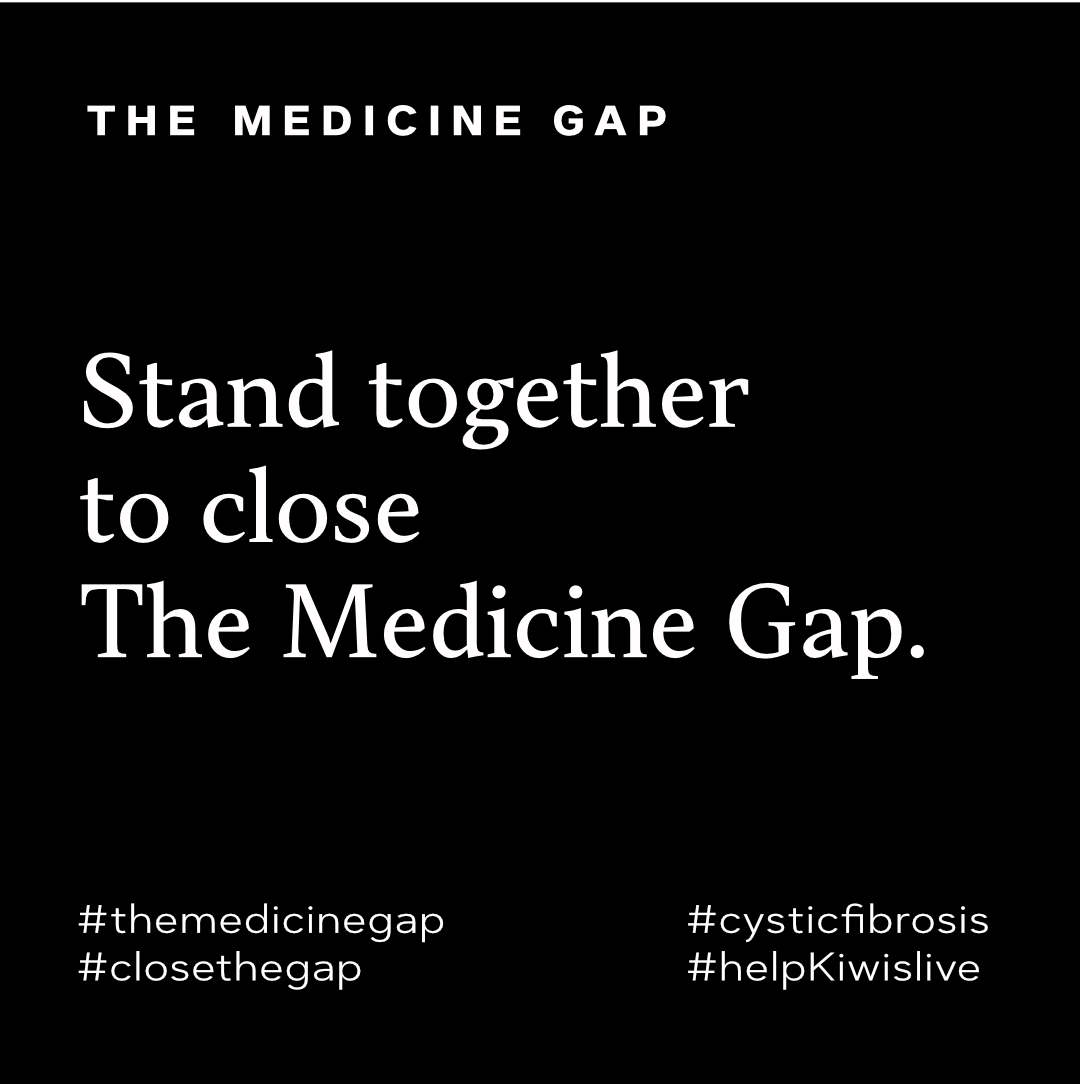
After 23 long days in hospital, OJ is home.
He is very thin and speaks in a soft, shallow voice. His lungs are too weak to project his voice with any form of intensity, but he is on top of a brutal lung infection, and he has gained enough strength to walk on his own.
They know him well at Rotorua Hospital. They know his mother, Trish too. She is the constant in OJ’s life, and can discuss her 18-year-old son’s medical issues with the accuracy and expertise of a pulmonologist.
Trish is a woman of great strength, but not today. Today there is a fragility to Trish.
She pauses often. The emotion keeps bubbling up mid-sentence, and at times her voice trails off. She is overwhelmed with relief that her boy came home from hospital.
“I’m sorry, excuse me,” she says.

I wait quietly in the silence with Trish. Two mothers, one with a healthy son, the other with a son who is fighting to live. I tell her there is no rush to tell her story, she can speak in her own time.
“It is so hard to see him in hospital. It brings back all the memories of my daughter. I just wanted him home.”
OJ has Cystic Fibrosis, a genetic condition that causes severe damage to the lungs, digestive system, and other organs. It impacts the cells that produce mucus, sweat and digestive juices, and because the fluids become thick and sticky, they block passageways, ducts, and tubes. OJ’s body is always fighting for oxygen.

Trish says her son has been in Lockdown “longer than Auckland” and was admitted to hospital after he became disorientated, light-headed and was losing his balance.
“He needed help to walk the 10 steps from his bed to the toilet and the weight was dropping off him. That’s when he went to Emergency.”
OJ uses a nebuliser at least four times a day to help him cough up the thick mucus that plagues his lungs, and he swallows a concoction of drugs to fight off the never-ending threat of lung infections.
“It’s as if I have an 18-year-old son in the body of an 80-year-old man,” Trish says.

There is a drug, Trikafta, which makes Cystic Fibrosis a manageable disease for 90% of people. It provides immediate and significant benefits for sufferers, and is now widely funded in the developed world. It’s not funded in New Zealand.
Pharmac, New Zealand’s drug-buying agency is considering an application to publicly fund Trikafta, but without additional investment from the Government, it will join more than 73 modern medicines currently languishing on New Zealand’s unofficial medicines waitlist.
New Zealand sits at the bottom of the OECD for access to modern medicines, and has the lowest per capita spend of any country in the developed world. New Zealand is a rich nation, but for more than a decade successive governments have stubbornly refused to fund hundreds of modern medicines including many treatments considered ‘essential’ by the World Health Organisation.
OJ has applied for ‘compassionate access’ to Trikafta while the drug’s developer negotiates with Pharmac, an infamously long and drawn out process. His application was declined.

Trish falls silent for a moment and when she speaks again, there is a sense of helplessness in her voice. She is desperate for the Government to fund Trikafta.
“This drug will save my son’s life. Some people say there are no guarantees… but can we please just try? I don’t want to lose another baby. I’ve lost my daughter. Please, I don’t want to lose my son.”
In 2017, Trish’s 21-year-old daughter, Santana died from Cystic Fibrosis. She was “in and out” of hospital when she was a child but her health went into steep decline in her late teens. A year before she died, Santana underwent a bilateral lung transplant which, for a short time, gave her a second chance at life.

“She recovered so well. Everyone was so excited. The entire family, we were all so sure it was going to work.”
Tragically, a few months after the transplant, Santana’s body began to reject her new lungs. Trish was spending more and more time with her daughter in hospital in Auckland, leaving OJ at home in Rotorua, but the disease was starting to take hold of his young body too.
“The worst thing a parent has to decide is which child needs me the most? Who is the sickest? Who needs me by their side? That is the worst. Santana was so sick, and her brother was getting sicker.”

Santana’s death in February 2017 tore the family apart, she says. Trish brought her daughter home in her final days, and she bravely fought the disease right until the end.
“Her saying was ‘it’s not over until I say’.”
More than a year ago, Trish and OJ spoke to The Hui urging the Government to fund the drug to treat Cystic Fibrosis, the most common life-threatening genetic disorder affecting New Zealand children today.
It’s an expensive drug. Since The Hui report, new estimations put the annual cost of Trikafta somewhere between $150k-$200k per patient, if Pharmac can negotiate a bulk deal. It’s prescribed to sufferers over the age of six, and up to 450 New Zealanders could be eligible for what’s described as a life-changing ‘precision treatment’.
However, the drug becomes far more affordable when you consider the huge downstream cost to the taxpayer of not treating this disease. Cystic Fibrosis places an enormous burden on our health system every year including emergency admissions, long-term hospitalisation, and lung transplants. On top of that, the financial impact on families and the mental health of those who carry the disease, or care for children with it, is immeasurable.

By his own admission, OJ has had “a rough couple of months” and he is still very sick. He has difficulty sleeping because he has coughing fits through the night, and he can’t clear his lungs.
Trish says no parent should ever have to watch their child fight for breath.
“The skin is hanging off his bones. He turns blue because he’s not strong enough to cough all the gunk out, and he can’t get enough oxygen into his lungs. The coughing is harrowing.”

If OJ can’t access Trikafta soon, Trish says they will reach a crossroad.
“He might be offered a lung transplant but after Santana, that just terrifies me. It terrifies us all. The other option is…well, it’s not really an option.”
Trish’s voice breaks again.
“I am powerless. I try to hold back my emotions when I am around OJ, but it is so hard for me to watch him. His suffering brings back the memories of Santana when she was going through this….I don’t know how to fight this disease anymore.”
Trish has been fighting Cystic Fibrosis for 25 years, playing nurse and mother to her two children. Her daughter didn’t make it, and now her son is hanging on to life as best he can.
It is impossible to imagine a mother’s desperation when all her son needs is three pills a day.


Show your support.
Please share OJ’s story.
New Zealand needs access now to modern medicines to treat Cystic Fibrosis.




Other Voices
Let’s close the Gap
Get Involved1.
REFORM
PHARMAC
Achieve a measurable, political commitment to reform Pharmac and create a fit-for-purpose drug-buying agency that supports and enables greatly improved access to modern medicines – and ensure a direct line of political accountability.
2.
OVERHAUL THE FUNDING
METHODOLOGY
Introduce a globally accepted modern, cost-benefit analysis for medicines and medical devices which looks at the ‘value’ of a medicine, and considers the financial, economic, and social impact of untreated disease on our society.
3.
COMMIT TO AN OUTCOMES-BASED MEDICAL STRATEGY
Develop a Medicines Strategy to guide the decision-making process, create measurable targets to reduce Pharmac’s waiting list, and detail how the agency will respond to rapid developments in modern medicine to improve health outcomes for New Zealanders.